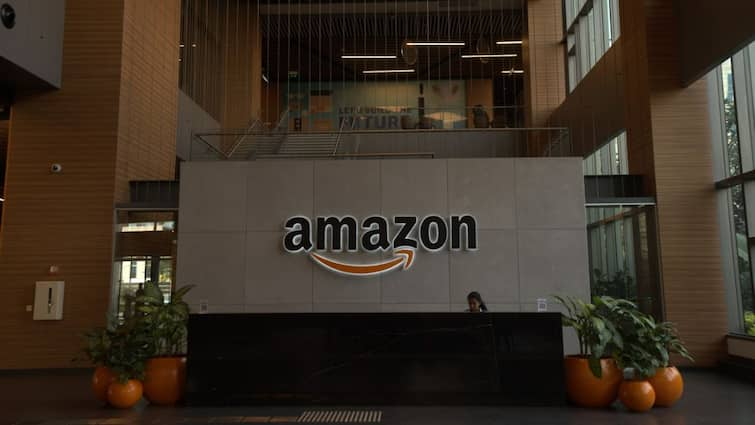A high-profile trial has opened in Seattle this week to determine whether Amazon misled customers into signing up for its Prime service and made it unnecessarily difficult for them to cancel their memberships.
The case, brought by the Federal Trade Commission (FTC) two years ago, accuses the e-commerce giant of a decade-long pattern of deceptive practices that allegedly breached consumer protection laws, reported Reuters.
Allegations of Deceptive Enrolment
The FTC’s lawsuit claims Amazon violated the Restore Online Shoppers’ Confidence Act of 2010 by failing to ensure customers were fully aware of what they were paying for. According to the agency, millions of users were enrolled into Prime without explicit consent, often through checkout buttons that did not clearly state they were also authorising a subscription.
In its filings, the FTC alleged Amazon deliberately ignored known customer complaints and internally described the enrollment issue as an “unspoken cancer.” The regulator also said Amazon made the cancellation process unnecessarily complicated, likening it to a battle. Internally, the company referred to the process as “Iliad,” after the lengthy siege recounted in Greek mythology. Customers cancelling Prime were required to navigate through three separate confirmation pages.
Amazon’s Defence
Amazon has strongly denied wrongdoing, insisting it provides clear explanations of Prime’s terms and offers multiple, straightforward cancellation methods – including phone, online, and chat support. In a statement released on Monday, the company said, “The bottom line is that neither Amazon nor the individual defendants did anything wrong. We remain confident that the facts will show these executives acted properly and we always put customers first.”
The company also argued that occasional mistakes are unavoidable given Prime’s massive scale, with more than 200 million global members. In its July quarterly report, Amazon disclosed over $12 billion in revenue from subscription services, marking a 12 per cent rise from the previous year.
Court Rulings and Personal Liability
US District Judge John Chun has already limited some of Amazon’s legal defences. He ruled that the law applies to Prime and sided with the FTC’s claim that Amazon collected billing details before properly disclosing Prime’s terms. However, the jury will decide whether Amazon’s disclosures were clear and whether the cancellation process complied with legal requirements.
Judge Chun also allowed the FTC’s claims against senior executives to proceed. Neil Lindsay and Jamil Ghani, both heavily involved in Prime operations, could face personal liability if the jury rules against the company. Another executive, Russell Grandinetti, may also be held responsible depending on the trial’s outcome.
Wider Political and Legal Context
The FTC first began examining Amazon’s practices in 2021 and filed this case in 2023 under Chair Lina Khan, a well-known antitrust advocate. The lawsuit arrived just months before a broader antitrust case against Amazon, accusing it of monopolistic dominance in online markets.
Amazon has also come under scrutiny for withholding more than 70,000 documents from investigators, prompting Judge Chun to warn the company that such behaviour amounted to “bad faith.”
Beyond the courtroom, Amazon has sought to improve its political standing with President Donald Trump, who has been a vocal critic of the company. The firm donated $1 million to Trump’s inauguration fund and has since partnered on media projects, including streaming The Apprentice and producing a documentary on Melania Trump.
The trial is expected to shed light on whether Amazon prioritised profits over transparency in its handling of Prime subscriptions. At stake is not only the company’s reputation but also the potential personal liability of its executives, which could set a precedent for accountability in the digital economy. Opening statements are scheduled to follow jury selection later this week.



